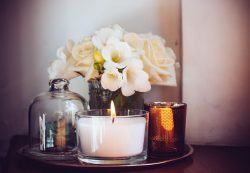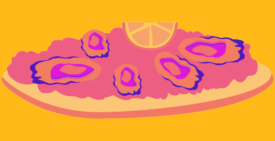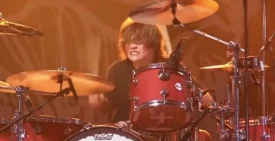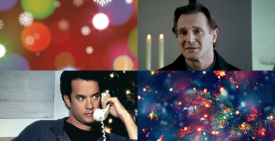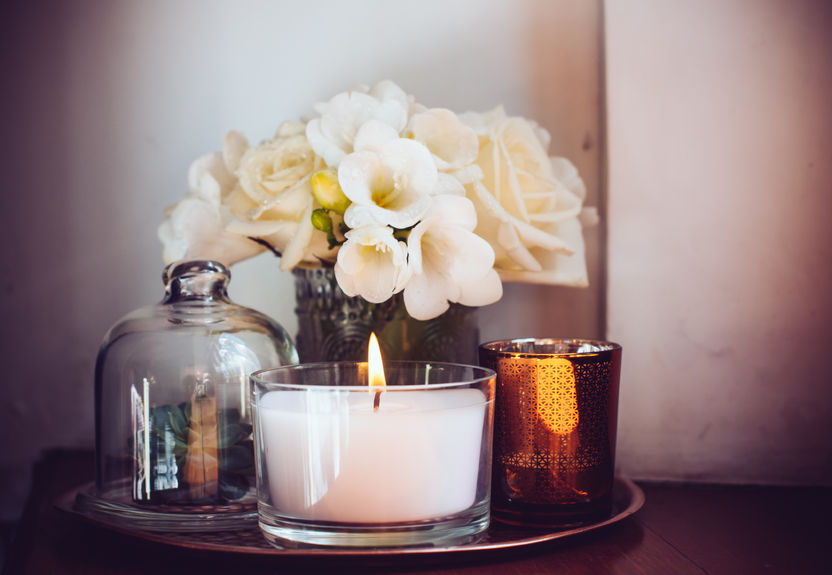
(123RF)
Imagine for a moment if we treated birth the way we treat death. When a woman got a diagnosis of pregnancy, people would recoil from her in fear. Even friends and family might have a hard time speaking with her about it. They couldn’t quite say the words that have come to define her life now: birth plan, labor, delivery, midwife and obstetrician.
The pregnant woman would start to feel isolated as if she had dropped through a hole in the floor and was very separate from everyone except those in her closest support system who somehow managed to put aside their discomfort with the situation. The doctors, too, would decide to focus solely on her treatment plan.
She would feel changes in her body and see her belly growing yet people all around her would not acknowledge the often-uncomfortable shifts. As time progressed and she was finding it hard to walk with such a big belly, sore back and many sleepless nights she would think, “This experience might actually happen. Maybe I should learn how to do this; maybe I should consult with a doctor who specializes in this.” But the people around her, thinking they were being supportive, would say, “You aren’t ready for that! You can’t give up!”
She would feel like a failure whenever she thought about what was coming, much less started to prepare for it.
READ: ‘My Death Stories Are My Birth Stories’
Or imagine the converse — that we treated death the way we treat birth. We shared stories about it. We would have the go-to books that every dying person needed to read, like “What to Expect When You Are Dying.” In those cases when we knew death was imminent, we would hold death showers — giving blessings, poems, candles, cozy blankets, singing bowls, and create playlists of their favorite music. We would create crafts that helped us process our anticipatory grief as a way to keep our hands busy while our hearts and minds prepared. We would compose prayers of gratitude for the person’s life.
We would play shower games like “I will remember you every time I …” We would prepare a death “nursery” where we would spend the final days of our loved ones life together. There’d be a great playlist.
Personally, I would like to be in a hammock by a window with a soft breeze rolling over me. Later I would transition to a double hospital bed so my tribe could snuggle up with me.
If we treated death like birth, we would make death plans in which we imagined how we wanted to feel at the end — even if we rarely know precisely when that will be. And be prepared, even if death were to come to us suddenly. If we wanted to be at peace and harmony in the world, we would work backward from there to figure out what needed to be done. Relationships would be mended. Legacy work would be done to find a sense of purpose and see the ripples that would become the echo of our lives. If we weren’t particularly fond of those ripples, we would start immediately to create different ones.
We would keep dying people at home, if possible and if they so desired, and become familiar with what they will need to support this experience. (Imagine the kind of prep done before a planned home birth.) We are wildly unprepared for unavoidable challenges such as toileting needs people have when they become bed-bound. Or the high possibility of a fall as their body weakens.
We wouldn’t shield children completely from it; rather, we would welcome them in with the guidance, love and support they needed. We would mark the event as a meaningful culmination of a life. Something children, too, can think about as they design their lives.
After the person had died we would take our time with them. We would wash their bodies and anoint them with oils, skills we’d learned in preparation for this sacred time. We would scatter flowers and sing songs. We would cry and laugh and hold each other.
READ: This Podcast Begins at the End
If we treated death as we treat birth, death would take its rightful and valued place in the circle of human experiences. By doing this — in cases when death is not sudden, and being prepared even if death does come suddenly — the end of life would be a time not of fear and anxiety but of love and connection and a time to access our deepest emotions. For those who remain, this vulnerability would segue into our grief.
As I was leaving the hospital recently with a friend whose brother had just died there, she said “It’s so weird, when you are pregnant you come to the hospital alone and leave with a baby. Today, I came to the hospital with someone and I am leaving without him.
What if we were all versed in death, our own and others’? What if hearing news of dying and death was met with the deep love with which we greet new life? What if we knew how to care for the grieving, just as we know how to coo at a new baby?
Jane Whitlock is a trained end-of-life doula and death educator. She didn’t start that way. But after her husband’s death from cancer, she began to see life differently. She now helps dying people and their caregivers prepare for what is to come on a physical, emotional and spiritual level. She shared these ideas for the first time at a Minneapolis TEDx event. The video of that talk is below. She would like to give a shout out to Susie Whitlock for being an excellent sounding board, thought honer and grammar guru.

